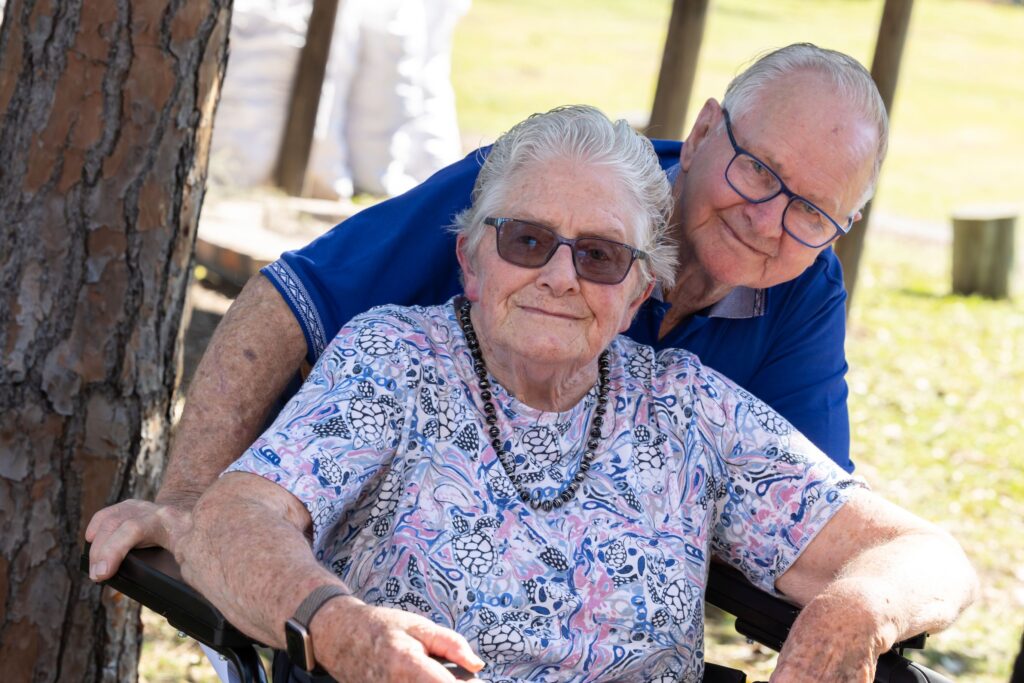Looking after a senior loved one is more than just tending to their physical needs. While the daily tasks like bathing, feeding, and mobility support and medical attention are essential, getting to know their emotional needs better is just as important. The emotional challenges can pile up as we age. Isolation, anxiety, and even depression is some of the most common emotional challenges that seniors may go through. Caregivers who are able to deal with these emotional shifts can help improve the quality of life for their loved ones or clients in a much better way. In this blog, we offer a guide to explore the emotional needs of seniors and how you can effectively offer meaningful support that will enable them to keep high spirits and feel truly cared for.
1. The Feelings of Loneliness and Isolation
Loneliness is one of the biggest challenges that seniors face, especially due to living alone or not having regular visitors. Seniors can feel isolated from the world because of their limited mobility and lack of social interactions. It can even cause emotional distress, depression, and maybe a decline in physical health. As a caregiver, you should be able to make time for meaningful conversations and interactions with seniors. You can have a chat over tea, watch a favorite TV show together, or simply try to be a good listener whenever you can, to have moments of connection that will combat feelings of loneliness. You can also encourage them to participate in community activities, social clubs, or even virtual gatherings with family and friends to reduce feelings of isolation. Even small efforts can have a big impact on their emotional health.
2. Dealing with Anxiety and Fear of Aging
Aging brings with itself a lot of uncertainty, and for most seniors, this can lead to anxiety. There are going to be a lot of concerns regarding their health, finances, and having to depend on another, which can weigh heavily on their minds. Another common challenge is that seniors worry about becoming a burden on their family, which can only make things more stressful for them. Caregivers should be able to help ease these fears by focusing on fostering such an environment that can provide them reassurance and understanding. You should allow and encourage them to openly express their concerns without brushing them aside. The least you can do is to simply listen and provide empathy. Caregivers can also support them by helping them stay organized and independent in ways that can feel empowering.

3. Respecting Their Independence and Autonomy
No one will ever be able to swallow the fact that they have lost control of their own life, and this is especially true for seniors. Caregivers should therefore be mindful of this and allow seniors to make decisions whenever it is possible. It is not that hard to step in and take over tasks to make things easier for them, but doing so can often lead them to feel helpless or frustrated. Therefore, it is a good strategy to involve them in daily decisions, whether it is choosing what they are gonna wear, eat or how they will be spending their day. Even in the small ways, letting them have a sense of control can help boost their confidence and emotional wellness.
4. Recognize and Validate their Feelings
As they cope with aging, seniors may have to deal with a wide range of emotions. A lot is going on, loss of friends, departure of loved ones, or changes in their own abilities etc. It can sometimes be more than enough to just validate these feelings of theirs, providing a great deal of emotional relief. Instead of trying to “fix” their feelings or offer quick solutions, it is better to focus on being present and try to listen as actively as possible. Simple acknowledgments like, “I understand why that’s upsetting,” can be helpful for them to feel heard and respected. Caregivers can build stronger and better emotional bonds while also providing the necessary comfort by creating a safe space for open dialogue.
5. Supporting Mental Health
Emotional well-being is deeply tied to mental health, and for seniors it can often be overlooked, or taken lightly. Mental health concerns like depression or anxiety can be significant in affecting the quality of one’s life. But it is unfortunate that they may go unnoticed or be dismissed as a normal part of aging. Caregivers must be encouraged to always be on the lookout for signs of depression or other mental health issues like withdrawal, changes in appetite, or increased irritability. It is recommended to let them have regular check-ins with healthcare professionals to be able to address these concerns early.
Support Your Seniors with 1st Care Community
We take the emotional as well as the physical needs of seniors very seriously, which is why we offer a home care approach that is holistic and personalize to the unique needs of our senior clients. Visit 1st Care Community’s website today to learn more about how we can assist you or a loved one in their daily tasks as well as their physical and emotional well-being to live a life of dignity and independence.


